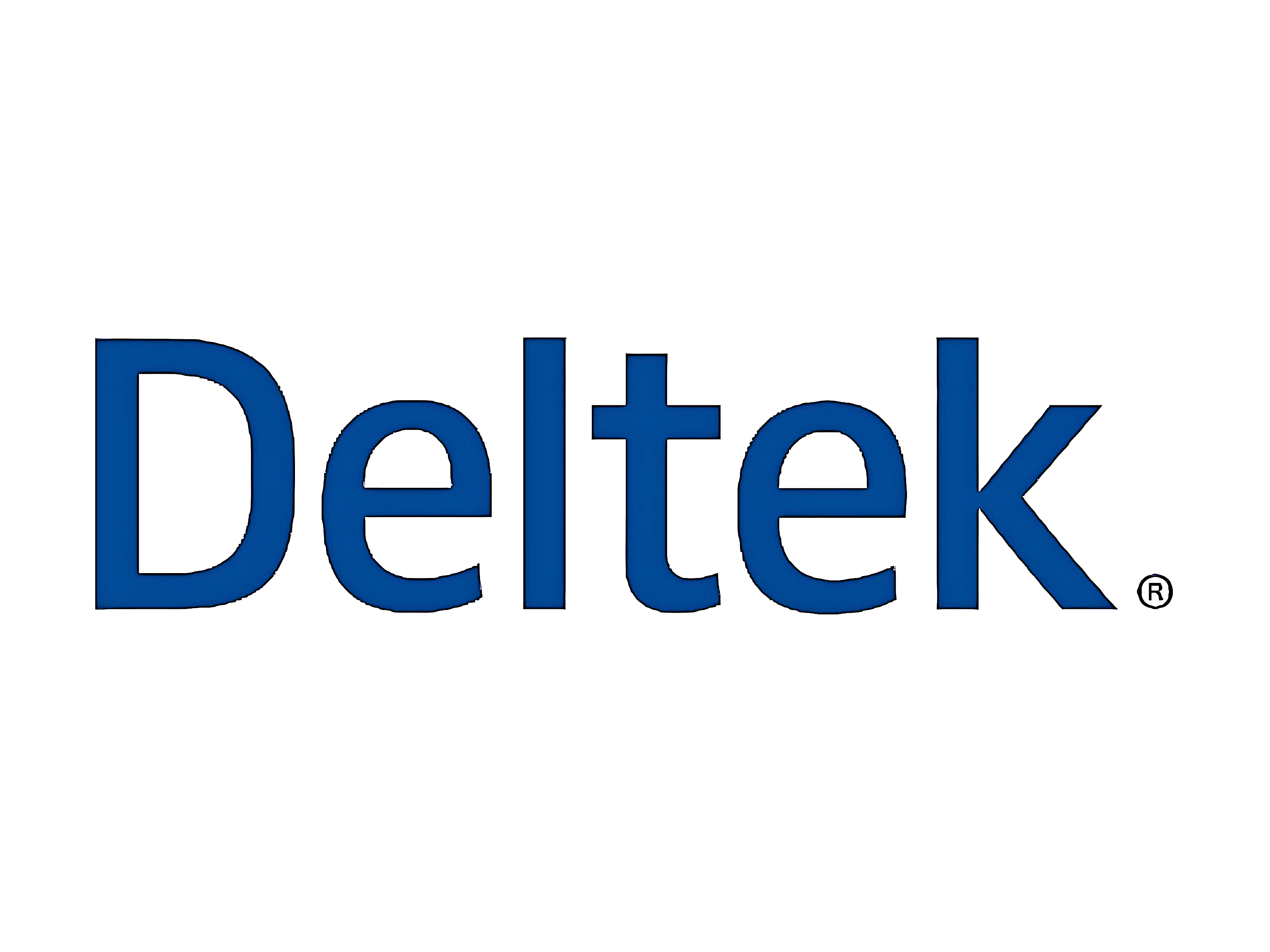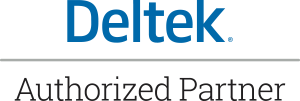Discovering the Key Functions of Monograph Bookkeeping for Successful Accountants

Specifying Monograph Audit: A Comprehensive Summary
Monograph bookkeeping represents a specialized method within the more comprehensive field of economic coverage. This technique highlights the systematic and detailed documentation of economic purchases and their effects. Unlike conventional accountancy, Monograph bookkeeping is typically customized to certain markets or one-of-a-kind scenarios, giving a focused framework for evaluation and coverage. It enables accounting professionals to dig deeper into particular areas, presenting a detailed view that straightens carefully with business purposes.
A vital attribute of Monograph bookkeeping is its flexibility; it can integrate numerous audit requirements and methods as required. This flexibility allows accountants to create reports that are not just accurate yet likewise pertinent to stakeholders. The technique frequently entails comprehensive research and exam of monetary information, making certain that every facet is thoroughly comprehended and recorded. Therefore, Monograph accountancy works as an important device for accounting professionals aiming to provide informative financial evaluations customized to certain contexts.
The Significance of Clearness and Accuracy in Financial Coverage

Unclear or incorrect reporting can cause misguided methods, eroded count on among financiers, and regulative scrutiny. As a result, accountants need to prioritize accuracy in their work, ensuring that figures are carefully confirmed and financial narratives are systematic. This not just cultivates transparency however also enhances the general reliability of the company.
Eventually, clarity and precision in economic reporting are vital for maintaining stakeholder confidence and promoting sustainable organization development. Accountants play an important role in upholding these requirements, making their know-how important in navigating the intricacies of economic data.
Enhancing Decision-Making Processes With Monograph Accountancy
Effectiveness in decision-making procedures is dramatically improved through the concepts of Monograph accounting. By consolidating thorough financial information into a single, meaningful framework, accounting professionals can rapidly access crucial details required for informed selections. This method lowers the time invested in data access and interpretation, allowing for a more active response to financial situations.
Monograph accountancy highlights clear categorization and thoughtful organization of economic purchases, which lessens errors and miscommunication. When accountants make use of these principles, they can provide economic insights in an organized manner, helping with conversations among stakeholders.
Additionally, the standardization intrinsic in Monograph audit allows smooth comparisons across different durations or departments, better aiding in calculated planning. This structured approach not just maximizes the internal processes of audit specialists yet also enhances the overall organizational agility, equipping companies to adapt to transforming market conditions quickly.
Key Advantages for Accounting Professionals and Their Clients
While embracing Monograph accountancy may call for a preliminary investment of time and sources, the lasting benefits for both accounting professionals and their customers are significant. This accountancy method promotes improved precision and openness, permitting accountants to maintain more clear financial documents. By combining info right into a single read this article narrative, clients gain better insights into their financial health and wellness, assisting in notified decision-making.
Additionally, Monograph accountancy promotes stronger client connections via enhanced communication (Monograph Consultants). Accounting professionals can present economic data in a more absorbable layout, making it less complicated for clients to understand complex details. This quality not just constructs depend on but additionally encourages aggressive monetary administration
Additionally, the structured procedures related to Monograph bookkeeping reduce the likelihood of mistakes, which can conserve both time and you can check here money. Eventually, the integration of this technique leads to much more effective procedures, enabling accounting professionals to provide higher top quality solution while encouraging customers with enhanced monetary understanding and control.
Practical Applications of Monograph Bookkeeping in Different Industries
In what ways can monograph accountancy transform different industries? By giving a concentrated and extensive method to monetary coverage, Monograph accounting improves clarity and precision throughout diverse sectors. In health care, as an example, it assists in the specific tracking of person prices and resource allowance, eventually enhancing monetary administration. The manufacturing sector advantages from its organized evaluation of production prices, permitting far better prices methods and earnings assessments.
In the retail sector, Monograph read bookkeeping helps in inventory monitoring and sales projecting, aiding services enhance supply degrees and decrease waste. In addition, in the not-for-profit field, it aids in transparent reporting of grant financing and source usage, promoting depend on amongst stakeholders. Overall, Monograph accounting's customized methods enable organizations to accomplish monetary openness and functional performance, making it an important tool across numerous markets. Its adaptability guarantees that companies can meet specific audit demands while maintaining compliance with laws.
Often Asked Questions
What Software Is Best for Applying Monograph Accounting?
The most effective software program for applying Monograph audit consists of Xero, and Sage. These platforms supply thorough features tailored for reliable monitoring, reporting, and management of financial information, promoting structured accountancy processes for experts.
How Does Monograph Audit Differ From Conventional Audit Techniques?
Monograph accounting concentrates on specific tasks or customers, stressing thorough tracking and reporting for certain entities, while conventional bookkeeping aggregates information across all entities, prioritizing overall economic health instead of project-specific understandings and performance.
What Prevail Challenges Accounting Professionals Confront With Monograph Audit?
Accountants commonly experience obstacles with Monograph bookkeeping, consisting of intricacy in financial reporting, integration with existing systems, ensuring conformity with guidelines, adapting to one-of-a-kind client requirements, and managing the comprehensive documentation needed for precise evaluations.
Are There Certain Laws Governing Monograph Accounting Practices?
Yes, details policies often regulate Monograph audit methods, consisting of adherence to national accountancy standards, conformity with tax guidelines, and industry-specific guidelines. Accountants have to stay informed to guarantee their methods line up with these established frameworks.
Exactly How Can Accountants Keep Upgraded on Monograph Bookkeeping Trends?
Accounting professionals can stay upgraded on Monograph audit patterns by subscribing to industry magazines, attending appropriate workshops and meetings, taking part in professional organizations, and engaging with online forums committed to accounting standards and ideal methods. (Monograph For AE)
Monograph accounting provides an unique structure that boosts financial reporting for accounting professionals. Unlike typical audit, Monograph accounting is usually customized to particular sectors or one-of-a-kind circumstances, offering a focused framework for analysis and reporting. A key function of Monograph bookkeeping is its flexibility; it can integrate numerous accountancy criteria and practices as needed. By offering a concentrated and comprehensive method to monetary coverage, Monograph bookkeeping improves clearness and precision throughout varied markets. Yes, certain guidelines frequently regulate Monograph audit practices, consisting of adherence to national accountancy standards, compliance with tax guidelines, and industry-specific standards.